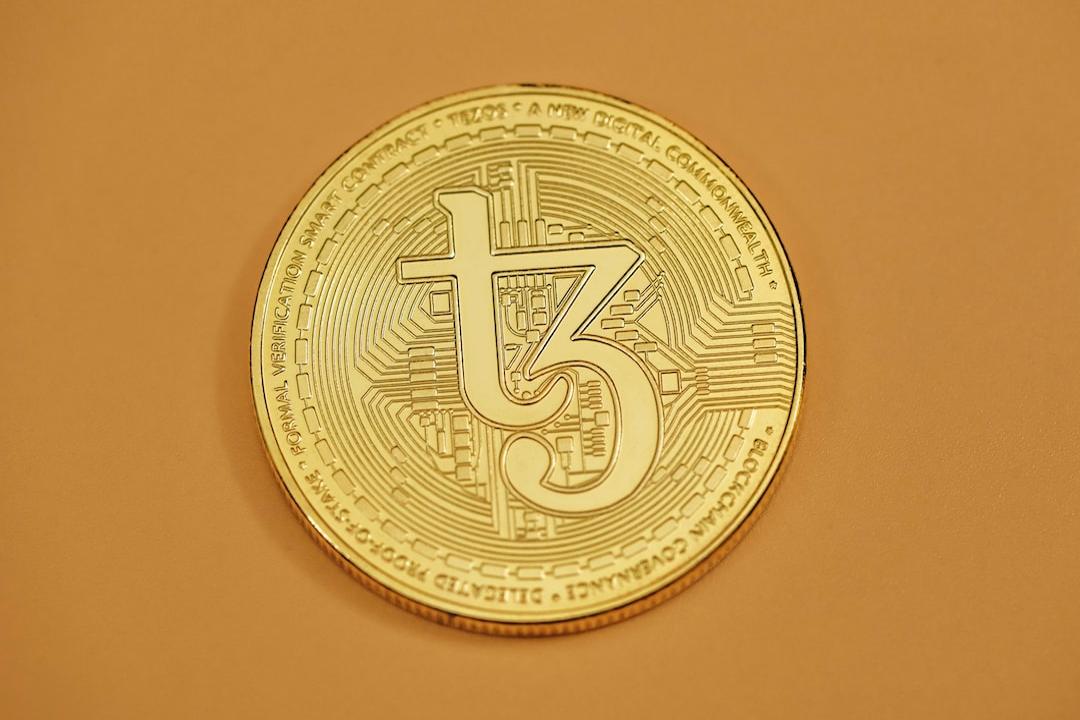The promoter of Green United, who has been accused of participating in an $18 million cryptocurrency mining fraud scheme, is seeking to appeal his case. He argues that the Securities and Exchange Commission (SEC) should be compelled to drop the lawsuit because its claim that he sold securities is incorrect.
Kristoffer Krohn, in a filing to a Utah federal court on October 24, stated that the Tenth Circuit Appeals Court should determine whether buyers of the company’s equipment formed a “common enterprise.” The SEC used this argument to allege that the company sold investment contracts under securities laws. Krohn argued that it would be more efficient and just to have this legal issue resolved by the Tenth Circuit before proceeding with litigation and trial.
Last month, a Utah district court judge, Ann Marie McIff Allen, rejected Krohn’s attempt to dismiss the SEC’s lawsuit. The judge stated that the SEC had adequately alleged that the company’s “Green Boxes” were sold as unregistered securities.
In his appeal bid, Krohn highlighted an excerpt arguing that the SEC’s application of the Howey test, a legal test to determine if a transaction is a security, was incorrect. The SEC has filed lawsuits against multiple cryptocurrency firms in the US, accusing them of selling unregistered securities under the Howey test.
The SEC filed lawsuits against Green United, Thurston, and Krohn in March 2023, alleging that they misled “Green Box” buyers by claiming that the company would mine the GREEN token on the “Green Blockchain,” which did not exist. Instead, investors bought rigs to mine Bitcoin, which they did not receive.
Krohn stated in his appeal bid that the SEC did not and could not allege that Green Box purchasers had any right or stake in the profits of Green United’s business operations. He also argued that the Tenth Circuit has yet to establish a definitive definition of an investment contract in the context of cryptocurrency.
If successful, Krohn would be able to present his case before a three-judge appeals panel, a process that could take several months before a final decision is reached. Krohn and Thurston previously argued in dismissal motions last May that the SEC had no authority over cryptocurrency, claiming that Congress had rejected the SEC’s authority over the industry.

